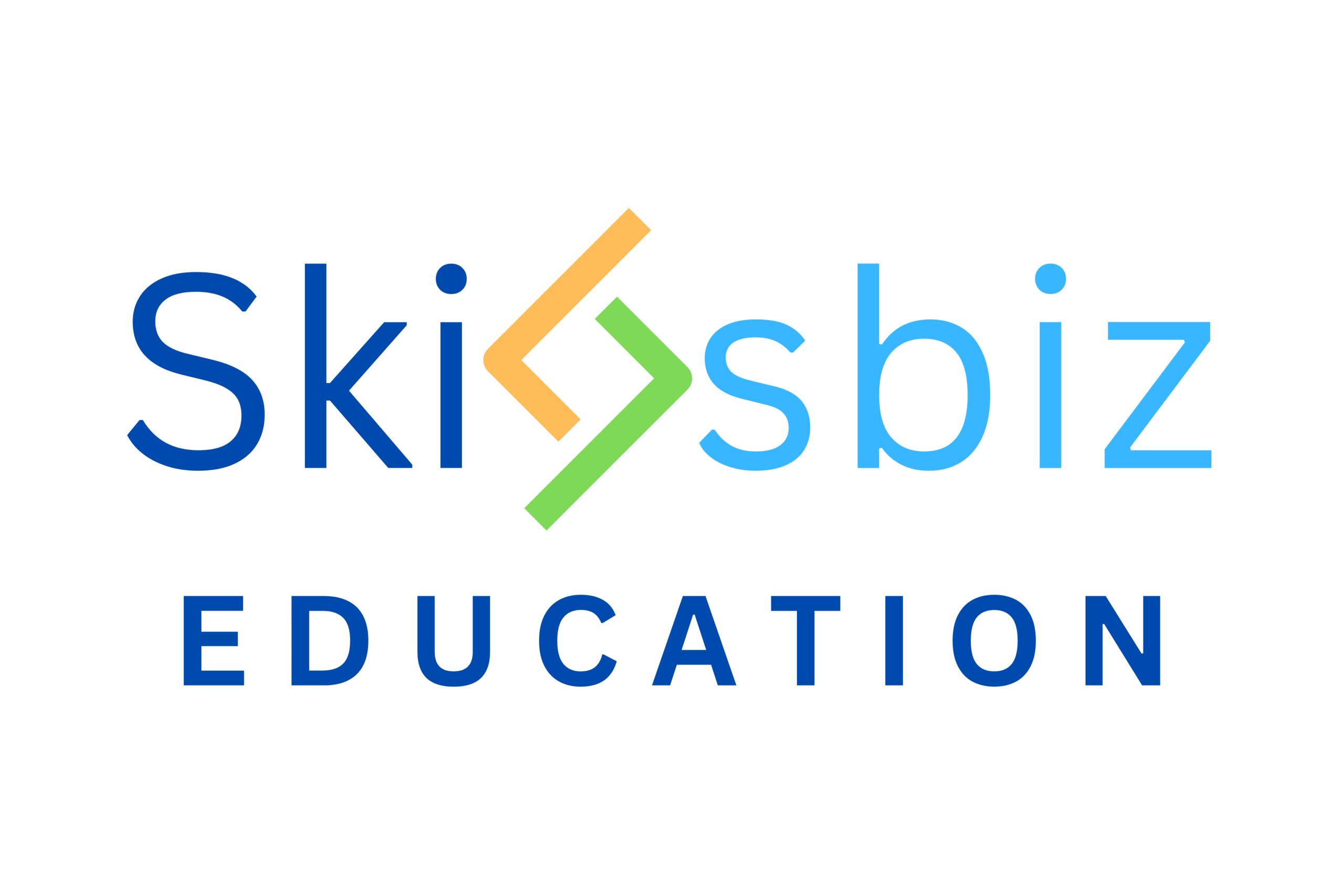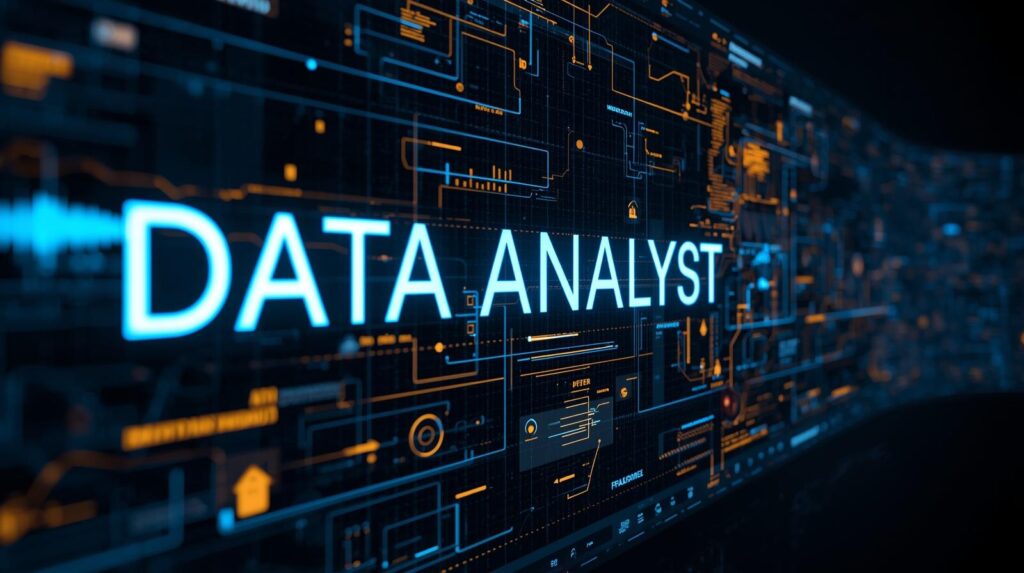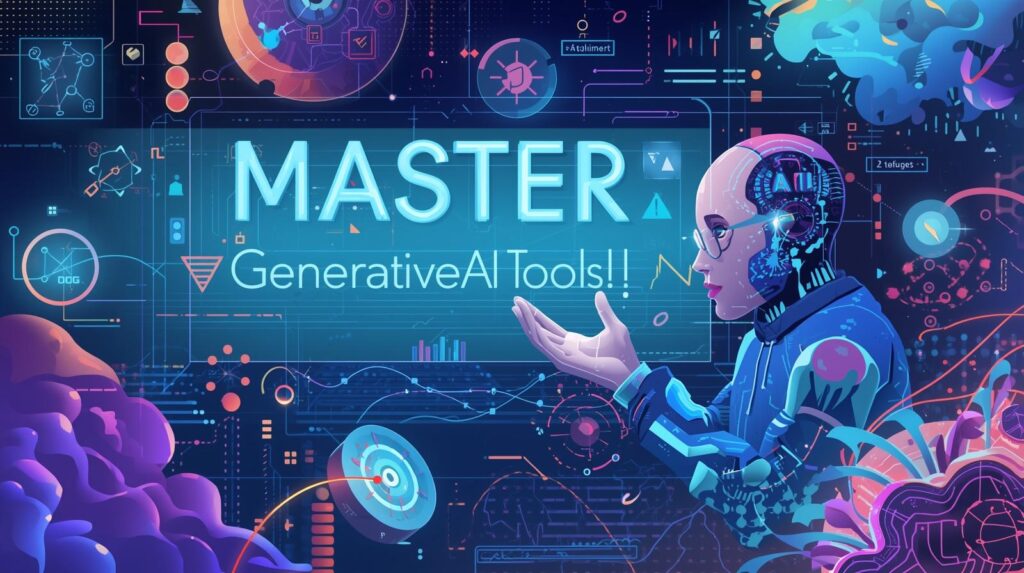The data industry continues to advance at a rapid pace, and 2025 appears to be a transformative year. Companies no longer want analysts that only obtain data from reports or dashboards. Companies want Hybrid Data Analysts—analysts that can mesh technical, analytical, and business skillsets to produce insights quicker and smarter.
This new professionals serves as a bridge between Data Engineering, Business Analytics and Data Science, and enables organizations to make decisions with more confidence and efficiency. Due to this shift, thousands of professionals are upgrading their skills to remain competitive.
SkillsBiz Education, one of India’s best practical training institutes, is playing an important role in preparing candidates for this role with hands-on, real-world training programs.
Who Is a Hybrid Data Analyst?
A Hybrid Data Analyst is a multi-skilled professional that provides much more than traditional analysis. This role combines:
- Data analysis
- Basic data engineering
- Automation
- Visualization
- The support of business decisions.
In contrast to typical analysts, hybrid analysts have both business logic and technical execution capabilities, allowing them to help their company reduce dependency on numerous teams and help with the speed of projects.
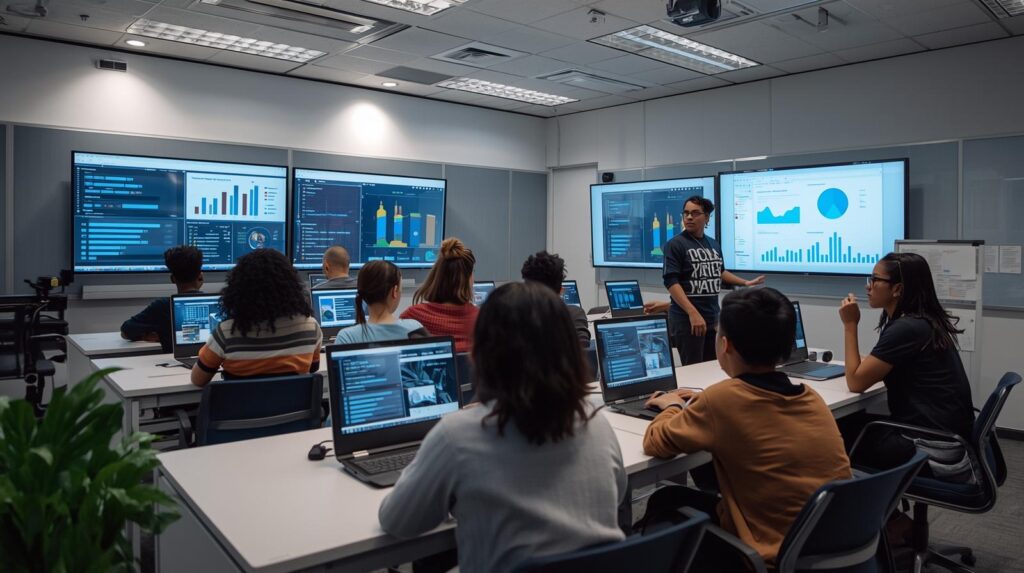
Why Hybrid Data Analysts Are Growing in Demand in 2025
1. Businesses Require Speedier Insights
One of the drivers for the need of hybrid analyst is businesses require faster insights in order to remain competitive. The hybrid analyst streamlines workflows because they have an understanding of each layer of the data journey from extraction through reporting. This facilitates a quicker and possibly more accurate decision-making process.
2. Automation is No Longer a Choice
Organizations are continually automating repeatable routine reports if only to provide time savings on these reports and limit human error. Hybrid analysts may use automation tools such as Python, Power BI and SQL automation scripts in their workflows.
3. AI and Machine Learning are Becoming Commonplace
While being a hybrid analyst does not make them a data scientist by trade, they understand how AI models work. They can understand model output, understand how to “judge” predictions and work collaboratively with their technical teams.
4. Companies Count on Analysts to Think Like Strategists
Organizations seek individuals who can utilize business KPIs, revenue, customer journeys, and operations. Hybrid analysts can couple technical skill with strategic thinking, making them more useful for management-level discussions.
Key Skills Every Hybrid Data Analyst Must Master in 2025
1. Advanced Excel Skills with Automation
Excel is still king of corporate processes. Hybrid analysts are employing advanced formulas, Power Query, Power Pivot, and macros to automate the process of building reporting systems.
2. SQL for Data Extraction and Transformation
SQL is still important because any firm stores data in a database. Hybrid analysts write queries, optimize joins, and build reusable queries to speed the BI process.
3. Python for Analysis and Automation
Python helps analysts automate functions, such as data cleansing, report authoring, or pulling data from APIs. This saves time for the analysts and standardizes output.
4. Power BI / Tableau for Visualization
Hybrid analysts transform raw data into valuable visuals; they create interactive dashboards that show trends, opportunities, and risks in seconds.
5. Business Intelligence Concepts
They understand KPIs, forecasting, customer behavior, and cost analysis. Thus, they become contributors to strategic growth.
6. Communication and Storytelling
Even the best analysis loses value in not presented effectively. Hybrid analysts share data stories clearly and concisely.
Real-World Job Roles Hybrid Analysts Fit Into
Due to their broad skill set, hybrid analysts are capable of excelling in many positions, such as:
- Business Analyst
- Data Analyst
- BI Developer
- Reporting Specialist
- Operations Analyst
- Automation Analyst
- Marketing Analyst
- Financial Data Analyst
These positions tend to have significant growth potential and competitive salaries.
How SkillsBiz Education Prepares You to Become a Hybrid Data Analyst
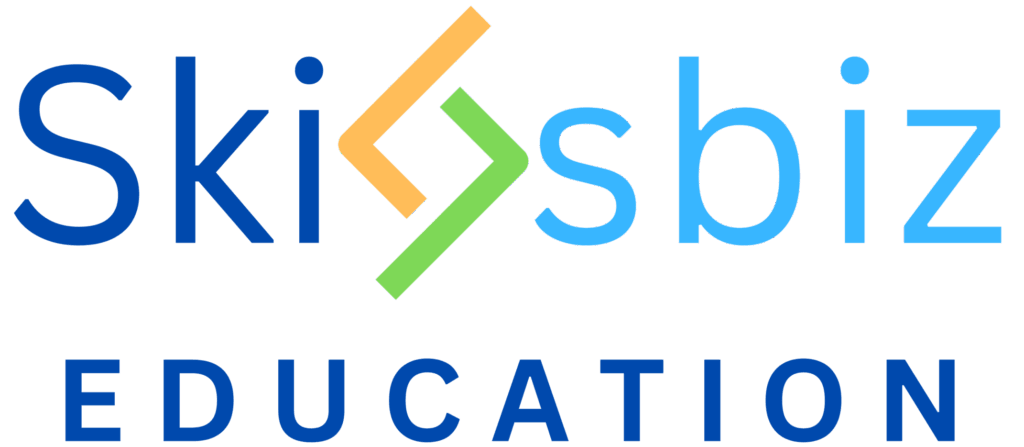
SkillsBiz Education prepares students with a 100% practical, job-ready curriculum developed by industry experts.
What You Will Learn at SkillsBiz Education
✔ Advanced Excel (Power Query, Pivot Automation)
✔ SQL from Basic to Advanced
✔ Python for Data Analytics
✔ Power BI Dashboards
✔ Data Cleaning & Real-time Datasets
✔ Business Case Studies
✔ Job Interview Preparation
✔ Resume & LinkedIn Editing
Why Students Choose SkillsBiz Education
- Real-world projects
- Flexibility in learning options
- Industry-qualified trainers
- Career assistance
- Practical assessments
- Low course fees
- Proven Placement Success
Students build confidence because the training and assessments are based on real business scenarios and not simply theory.
Future Scope – What’s Next for Hybrid Analysts?
The future is very bright. Companies’ pursuit of digital transformation across industries means that hybrid analysts will be in charge of analytics teams and will assume leadership roles because of their knowledge of technology and business strategy.
Professionals often transition from hybrid analyst roles to positions such as:
- Data Engineer
- BI Manager
- Product Analyst
- Analytics Consultant
- Business Strategy Lead
Hybrid skills will pave the way for career advancement for years to come.
FAQs
1. What distinguishes a hybrid data analyst from a data analyst?
The key to a hybrid analysts is that they possess coding AND a deeper business understanding along with automation mindset, so they are more adaptable.
2. Is this a viable career for freshers?
100%! Freshers progress more quickly in hybrid data analyst because companies are looking for professionals who have multi-dimensional skills.
3. Do you need coding experience?
Having a basic understanding of coding is helpful – particularly Python, but you don’t need a detailed knowledge of programming at the start.
4. Can I become a hybrid data analyst through SkillsBiz Education?
Of course, SkillsBiz Education offers proactive training to develop all the required skills.
5. What tools should I learn first?
Learn Excel and SQL first, before considering getting into either Python and Power BI.
